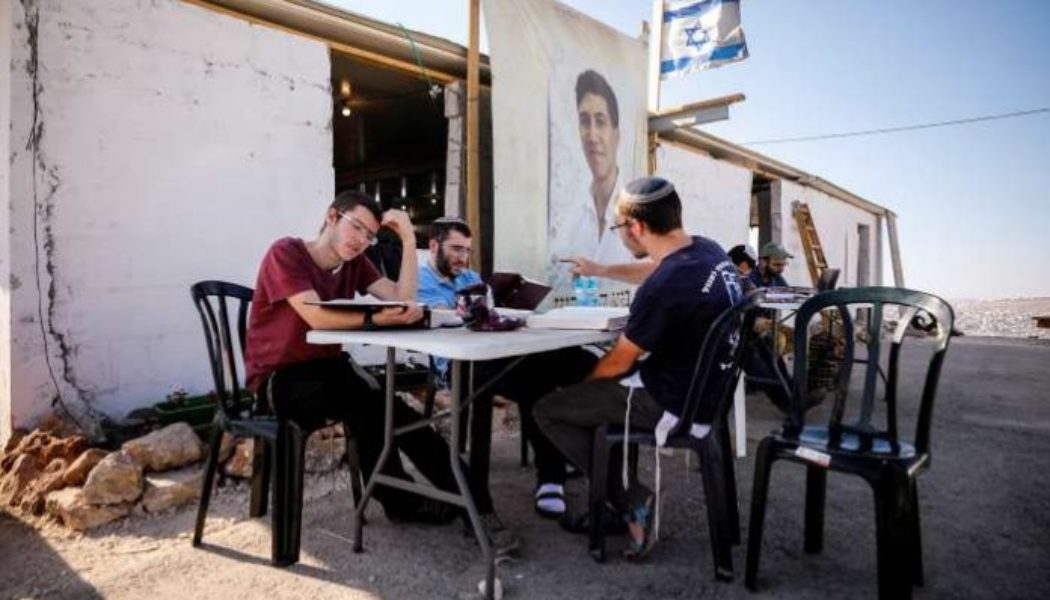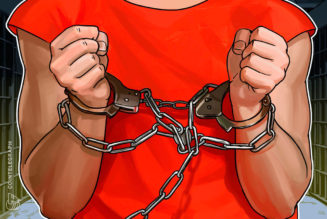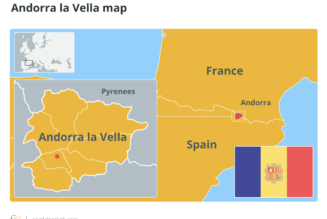![Jewish settlers study in Givat Eviatar, an Israeli outpost near the Palestinian village of Beita in the Israeli-occupied West Bank [Amir Cohen-Reuters] Jewish settlers study in Givat Eviatar, an Israeli outpost near the Palestinian village of Beita in the Israeli-occupied West Bank [Amir Cohen-Reuters]](https://www.today.ng/wp-content/uploads/2021/06/30115344-696x464.jpg)
Israeli settlers who constructed an unapproved outpost near Beita in the occupied West Bank said they have agreed to withdraw from the site.
Tensions in the occupied West Bank reached new highs in the past months with the Evyatar settlement being one of the focal points of clashes as settlers refused to evacuate the land and Palestinians demonstrated against their presence.
Several Palestinians have been killed and dozens wounded by Israeli forces supporting the illegal settlers.
According to a statement on Wednesday by the Samaria Regional Council, a settlers’ organisation, the Israelis are due to leave by Friday following a compromise offered to them by the Israeli government.
The Samaria Regional Council also reportedly said the settlement’s structures will not be demolished, but rather transformed into a base for the Israeli military – an outcome that is certain to anger Palestinian protesters who demand it be removed.
Yossi Dagan, head of the northern West Bank settlement authority, said the agreement was a necessity given “these tough times of division”, Israeli media reported.
Prior to the agreement, a court-imposed eviction notice was in force as the military’s civil administration unit ruled the outpost’s 50 prefabricated settler homes were illegally built on private Palestinian land. It ordered the settlers to evacuate, arguing their activities were destabilising security in the area.
However, settlers were in negotiations this week with Israeli authorities.
The move is aimed at addressing an awkward political test for the new Israeli government formed in mid-June and led by Prime Minister Naftali Bennett, a leader of the settler movement who heads a pro-settler party. But his ruling coalition only survives with the support of left-wing and Arab parties, making sensitive policy decisions on the Israeli-Palestinian conflict difficult.
Amid the construction of the illegal Israeli settlement of Evyatar, four Palestinians were recently shot dead by Israeli troops as they protested against the theft of more than five acres (two hectares) of their land, which was previously used for the cultivation of olives.
With the latest deal, the temperature may reduce for a while, but it is not a conclusive end to the matter.
In May, 34 Palestinians were killed – the highest monthly figure in 10 years – with Israel’s domestic intelligence agency, the Shin Bet, reporting almost 600 violent incidents, as the Israeli military reinforced its presence in the occupied territories with several more battalions.
Villages in the occupied West Bank often hold Friday demonstrations against land confiscation, house demolitions and Israeli settlements deemed illegal under international law. Israeli forces usually respond to the protests with disproportionate violence.
Most world powers deem all of the settlements, built on land Israel captured and occupied in a 1967 Middle East war, to be illegal. Israel disputes this citing historical ties to the land and its own security needs.
Some 475,000 Israeli settlers live in the occupied West Bank, home to more than 2.8 million Palestinians.
Human Rights Watch in a recent report said Israel is committing the “crimes against humanity of apartheid and persecution” against Palestinians. It detailed how Israel has sought to maintain Jewish-Israeli hegemony over the Palestinian people from the Jordan River to the Mediterranean Sea.










